CRM software is a tool designed to manage and analyze customer interactions throughout the customer lifecycle. It aims to improve customer service relationships, assist in customer retention, and streamline sales processes. A CRM system consolidates all customer information into a single database so that business users can better manage and analyze these interactions.
At the heart of any CRM software is its ability to store and organize customer information. This includes basic contact details like names, email addresses, phone numbers, as well as more advanced data such as purchase history, customer preferences, and previous communications. By having all this information in one place, sales and support teams can provide personalized experiences.
CRM systems allow businesses to track leads and monitor the progress of deals through a sales funnel. It provides tools to prioritize leads, assign tasks to sales reps, and follow up with prospects at the right time.These systems often integrate with other platforms like email or marketing automation tools, ensuring a smooth handover from marketing to sales.
One of the most valuable features of a CRM is the automation of routine tasks. This can include sending follow-up emails, setting reminders for future contact, or even nurturing leads with automated email sequences. Automating these processes helps to reduce human error and free up time for more complex tasks.
CRM software operates through various integrated functions to ensure seamless management of customer interactions. Here’s a step-by-step breakdown .
The software collects data from various sources such as email, social media, phone calls, and web forms. This data is then stored in a centralized database.
Once collected, CRM systems can categorize customer information into specific groups based on behavior, demographics, or preferences. Segmentation allows businesses to tailor their communication and marketing strategies to different customer segments.
The system automates tasks such as sending follow-up emails, scheduling appointments, and notifying sales reps of new leads. This ensures that no important steps are missed in the customer journey.
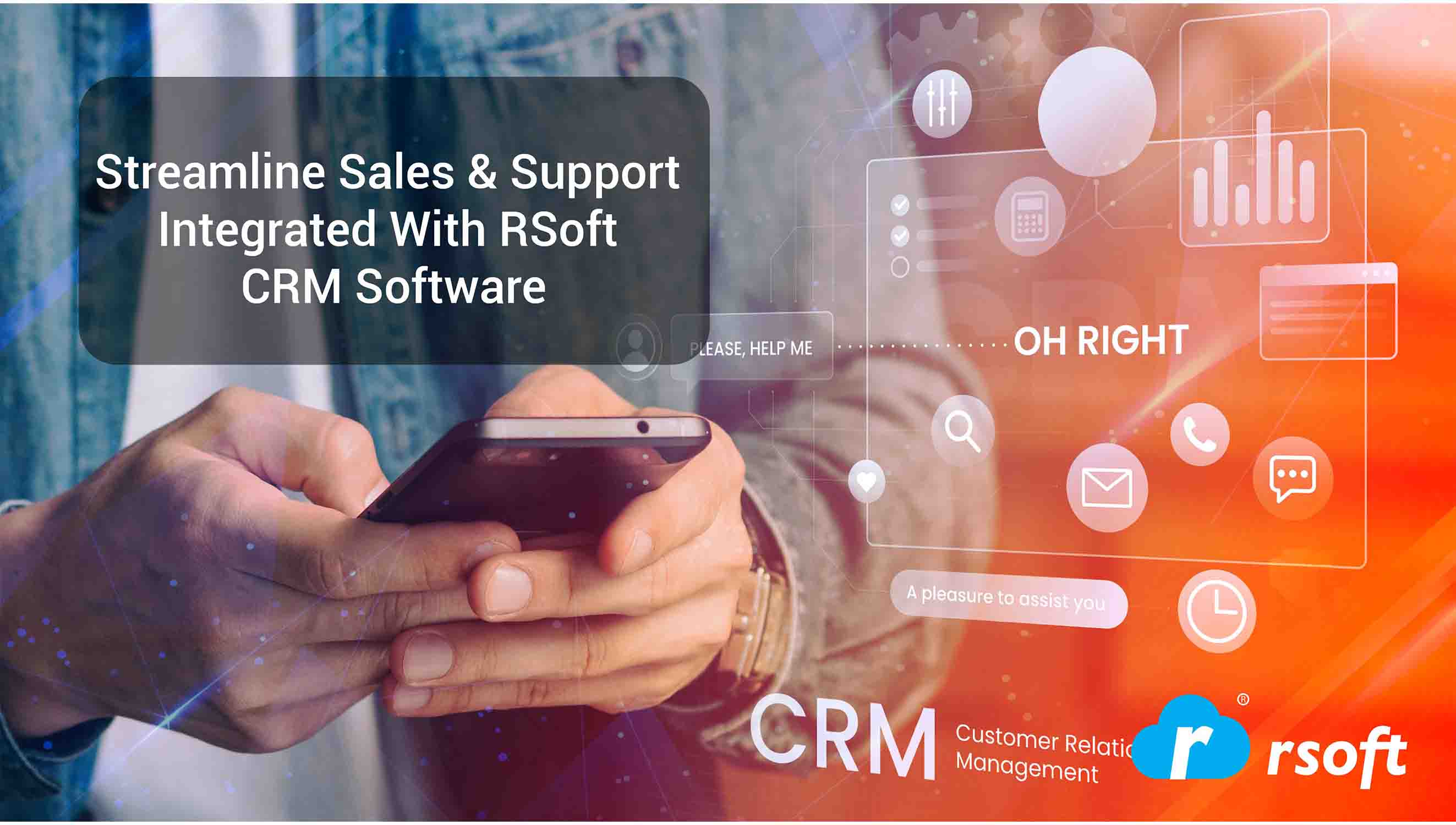
By tracking every customer interaction and providing personalized services, businesses can boost customer satisfaction and loyalty.
With the ability to manage leads, track sales opportunities, and automate follow-ups, CRM software helps businesses close deals faster.
Teams across the organization can share insights, tasks, and information in real-time, leading to more cohesive strategies and better results.
Automating repetitive tasks frees up time for employees to focus on high-value activities like closing deals or resolving complex customer issues.
CRM software provides detailed analytics and reports, enabling businesses to make informed decisions based on customer data and performance metrics.
When selecting a CRM, it’s important to consider the following Ensure the CRM is intuitive and easy for your team to adopt without extensive training Look for a CRM that allows customization to fit your unique business processes and needs Choose a CRM that can grow with your business and adapt as your requirements evolve The CRM should integrate seamlessly with your existing software tools, such as email, marketing automation, and e-commerce platforms Ensure the CRM offers mobile functionality, allowing your team to access customer data on the go.

The system should be intuitive and easy to use for all team members.Ensure the CRM is intuitive and easy for your team to adopt without extensive training.
Look for a CRM that can be tailored to your business’s unique needs.Look for a CRM that allows customization to fit your unique business processes and needs.
Choose a CRM that can grow with your business.Consider the pricing structure and ensure it delivers a good return on investment by improving productivity and sales outcomes.
Ensure the CRM integrates seamlessly with your existing tools and platforms.Ensure the CRM offers mobile functionality, allowing your team to access customer data on the go.
CRM software is an essential tool for managing customer relationships and driving business growth. By centralizing customer data, automating tasks, and providing actionable insights, it allows businesses to improve customer interactions and optimize internal processes. Whether you’re a small business or a large enterprise, a well-implemented CRM system can be the key to long-term success.
Selecting the right CRM is a crucial step in optimizing customer relationships and driving business success. considering factors such as ease of use, customization, scalability, integration, and mobile accessibility, businesses can ensure they choose a system that fits their unique needs and grows with them. A well-chosen CRM can improve customer satisfaction, streamline processes, and provide valuable insights, ultimately leading to higher efficiency and increased profitability .
Here’s why we stand out from the
crowd and our due recognition for the
innovation and excellence we pioneer in the industry.
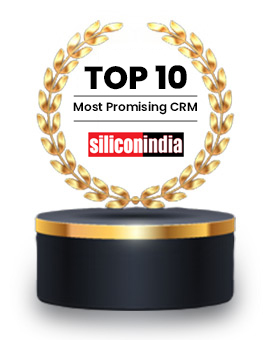
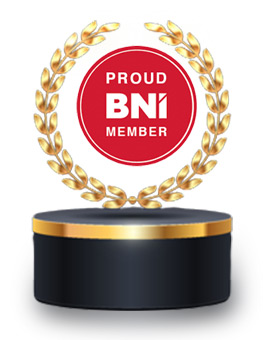
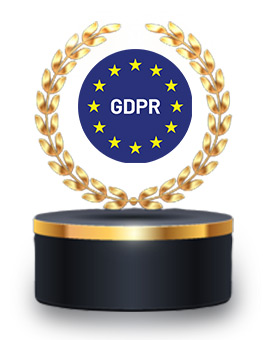
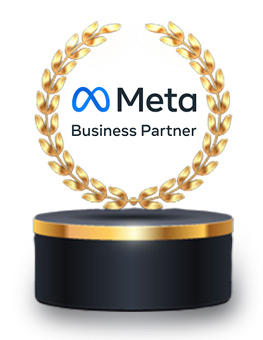
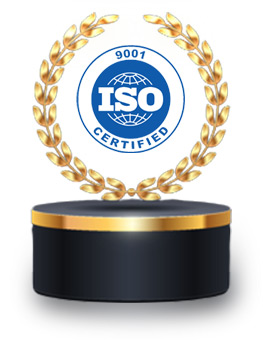
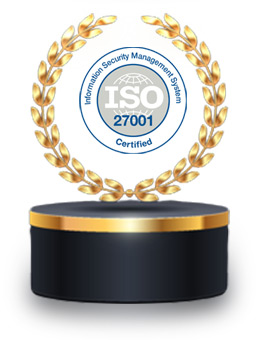

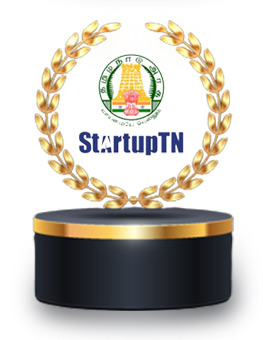

Take your business to the next level. Trusted by 5000+ business globally.